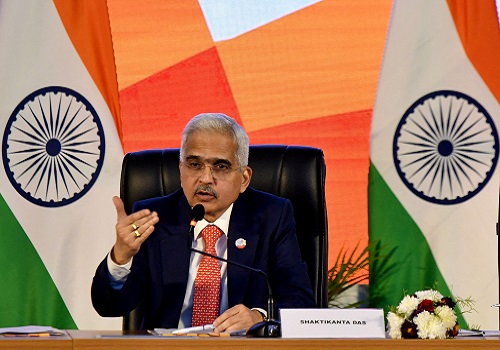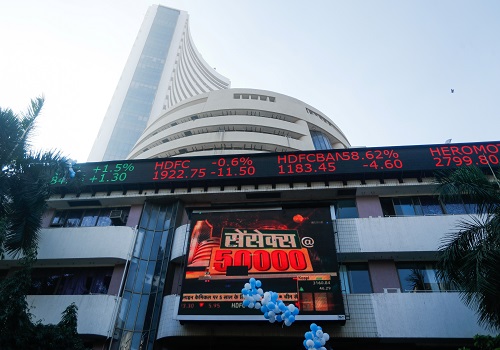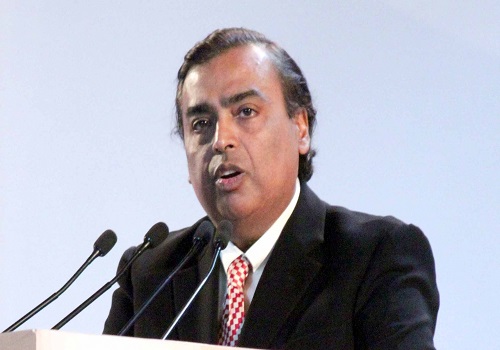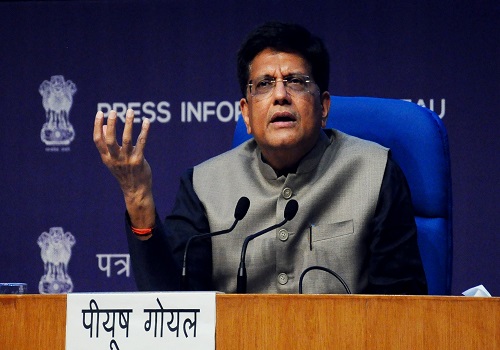India`s disinflation process to be slow, protracted, says cenbank chief

Follow us Now on Telegram ! Get daily 10 - 12 important updates on Business, Finance and Investment. Join our Telegram Channel
The disinflation process in India will be slow and protracted, with the 4% inflation target likely to be met only over the medium term, Reserve Bank of India (RBI) Governor Shaktikanta Das said on Tuesday.
"The cumulative impact of our monetary policy actions over the last one year is still unfolding and yet to materialise fully," Das said in a speech at the Summer Meetings organised by Central Banking in London.
"While our inflation projection for the current financial year 2023-24 is lower, at 5.1%, it would still be well above the target," he added.
The country's monetary policy committee (MPC), headed by the RBI chief, is tasked with bringing down inflation to 4% over the medium term and holding it between 2% and 6% over the long term.
Latest data showed India's annual retail inflation cooled to 4.25% in May from 4.7% in April, but analysts expect prices to remain sticky in the coming months.
"As per our current assessment, the disinflation process is likely to be slow and protracted, with convergence to the inflation target of 4% being achieved over the medium-term," the governor said, reiterating the MPC's projection from last Thursday.
Das said regulators cannot be oblivious to growth concerns given the outsized addition to the workforce every year because of the 'demographic dividend' in the world's most populous country.
However, he reiterated that the RBI's pause in rate hikes in April and June was not a pivot and did not signal a definitive change in policy direction.
"Our approach towards maintaining the stability of the Indian financial system is integral to our conduct of monetary policy as financial instabilities can undermine economic growth and impede monetary policy transmission," Das said.
"We recognise that the likelihood of financial turbulence would be high if there is no price stability."










Tag News

Monthly Debt Market Update, September 2023: CareEdge Ratings













